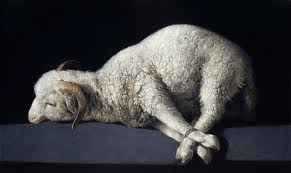Friedrich Nietzsche wrote: “God is dead. God remains dead. And we have killed him. How shall we comfort ourselves, the murderers of all murderers? What was holiest and mightiest of all that the world has yet owned has bled to death under our knives: who will wipe this blood off us? What water is there for us to clean ourselves? What festivals of atonement, what sacred games shall we have to invent? Is not the greatness of this deed too great for us? Must we ourselves not become gods simply to appear worthy of it?”
Many readers of that famous quote have interpreted a note of triumph in Nietzsche’s declaration of the death of God. But I don’t think this is the case.
Rather, Nietzsche was predicting the natural consequences of the Enlightenment. The deification of the senses and reason would put an end to the need for God. Materialism and humanism would replace sacred revelation. Then, once God was gone, we humans could take his throne.
The idea wasn’t new to German philosophers of the 19th century. Paul wrote in the first century: “For although they knew God, they neither glorified him as God nor gave thanks to him, but their thinking became futile and their foolish hearts were darkened. Although they claimed to be wise, they became fools and exchanged the glory of the immortal God for images made to look like mortal man and birds and animals and reptiles.” (Romans 1:21–23)
Nature abhors a vacuum. If there is an empty spot, it will be filled. When God “dies,” whether in a human soul or in a nation, someone or something else will take His place. This nihilism – the rejection of religious and moral principles and the idea that life is meaningless – is simply the logical outcome of “killing God.”
We are seeing history repeat itself today.
I’m praying that God is alive and well in you!




